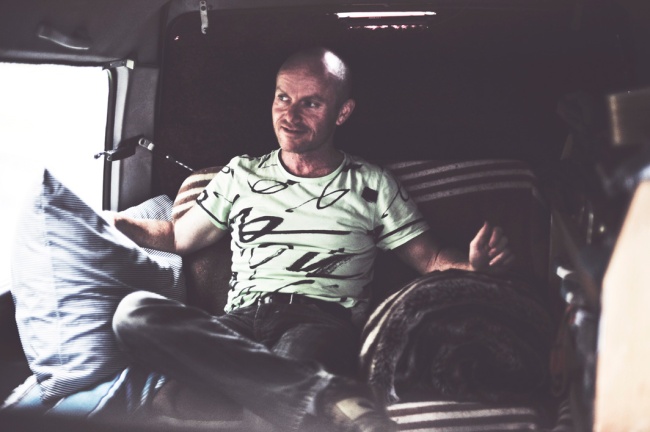A good friend of mine asked me this at a party, and it gave me serious pause. In fact at the time I thought it was a real downer, and I had to send it to the back of my mind for future processing. I’d never thought to wonder, should we be doing this? Is going to Mars really what we as a species need to achieve right now? I think from an ethical standpoint there is a massive challenge we should overcome first… but the problem is, I don’t think we can.
In the space of a century we’ve managed to disrupt global patterns of weather and biodiversity that took millions of years to develop. How? Well we use an economic system whose units (corporations) cannot remain in stasis, they actually require constant growth to survive as entities. This constant expansion finds them bumping into systemic limits all the time, and their usual response is to push past those limits, for example as they use up resources in one region and have to move into another, or as they saturate one market and have to force their way into another. When corporations can’t manage this they devour each other. As our global population also expands, we’re starting to reach the predictable conclusion of these processes: we’re bumping into the planetary limitations to our growth.
Establishing a colony on Mars would be a first step in pushing past our planetary limits. And if we succeed on Mars, that paves the way for us to just keep on doing what we do, right across the universe (or at least until we meet up with another life form that recognizes our virulent nature and decides to stamp us out to protect life everywhere).
If we chose to, we could respond differently. With incentive and commitment we could develop an economic system (and more importantly a value system) that rewards equilibrium instead of expansion, and collaboration instead of competition. We could learn to find a healthy fit in our environment. I think this is truly the most important task we humans can tackle right now… but will we achieve it? Will we even try? We all know we’re driving up to the edge of a cliff, and a few of us have started holding little toy parachutes out the window to slow us down, but we haven’t taken our feet off the gas.
Some people give the Mars One project a low plausibility score, and perhaps it won’t be the first successful colony on Mars. But as an achievable goal, I feel like colonizing Mars is vastly more realistic and immediate than the kind of true behavioral change we’ll need to get us out of this mess here on Earth. One of the things that excites me about Mars is that with a fresh start we have a golden opportunity to experiment with new systems, new economies, new ways of being with each other in community. Going to Mars doesn’t have to maintain the status quo: perhaps it can actually help form a model of change.
So ultimately I think the answer really is yes. We need to go to Mars. Now.



